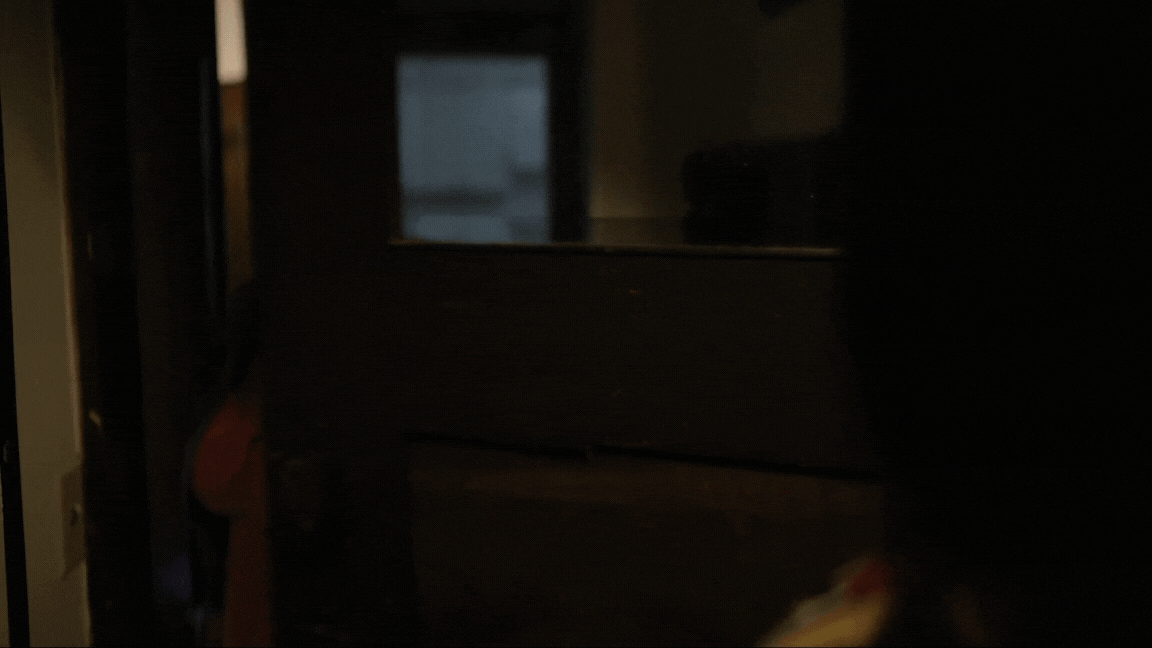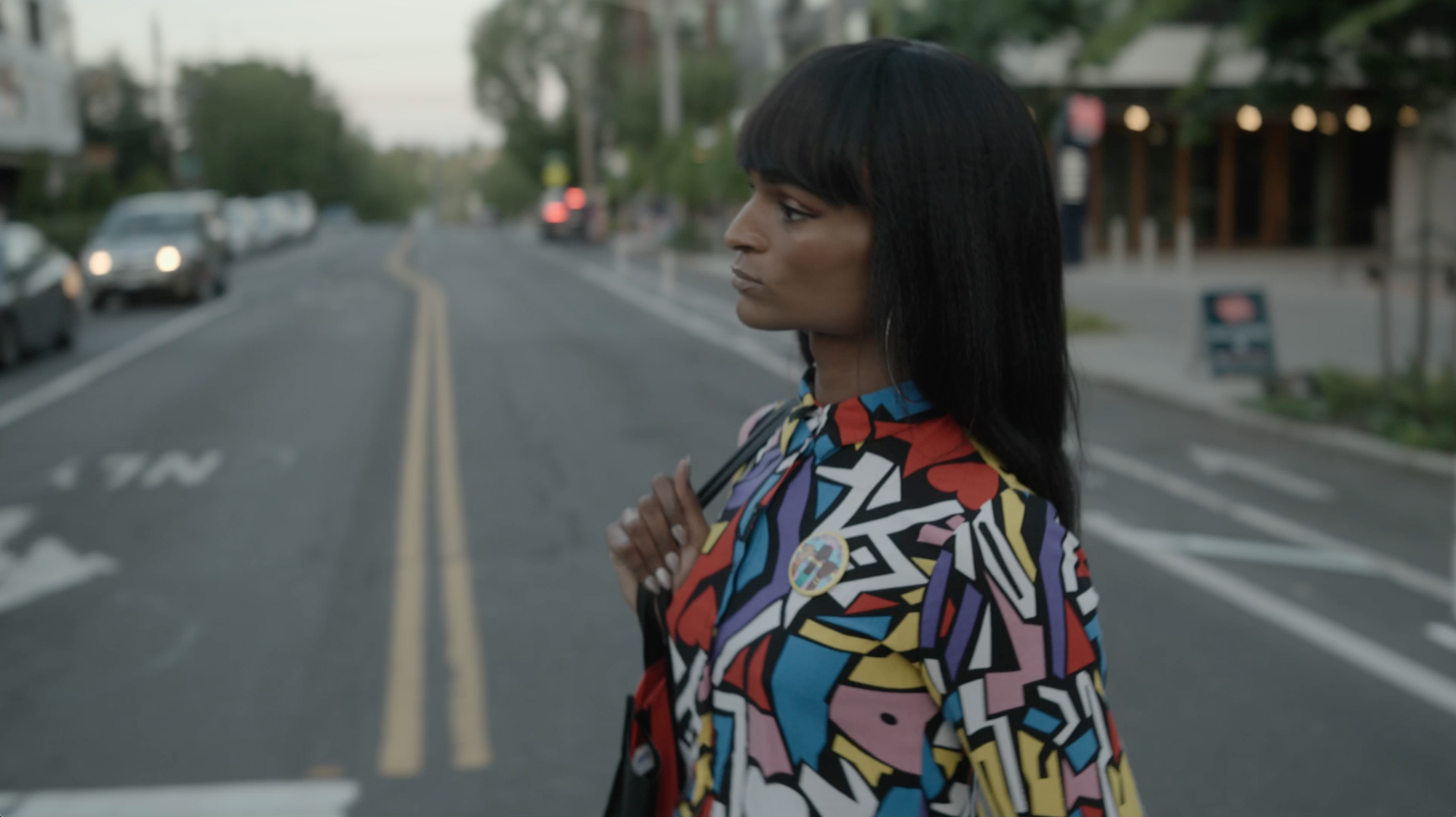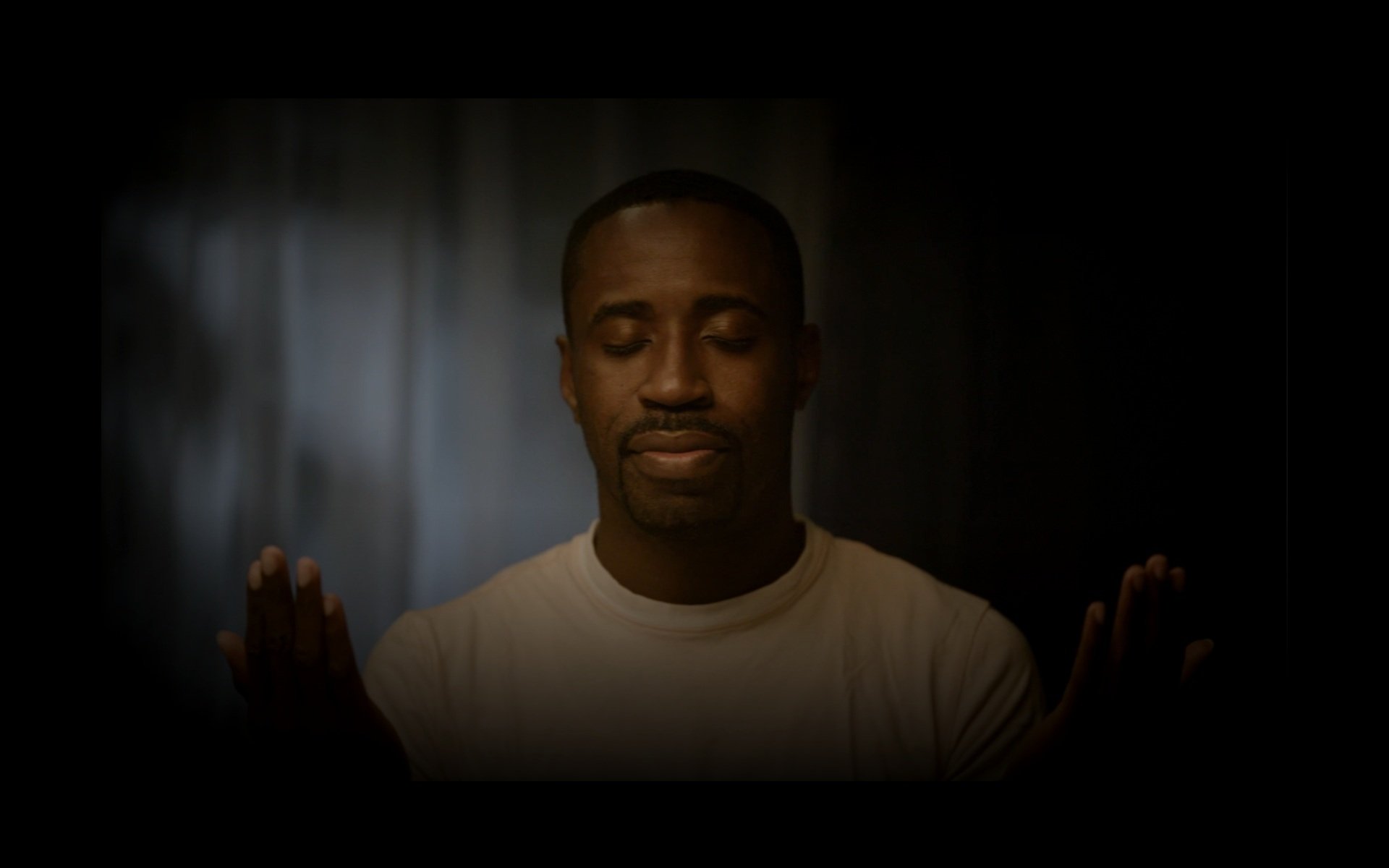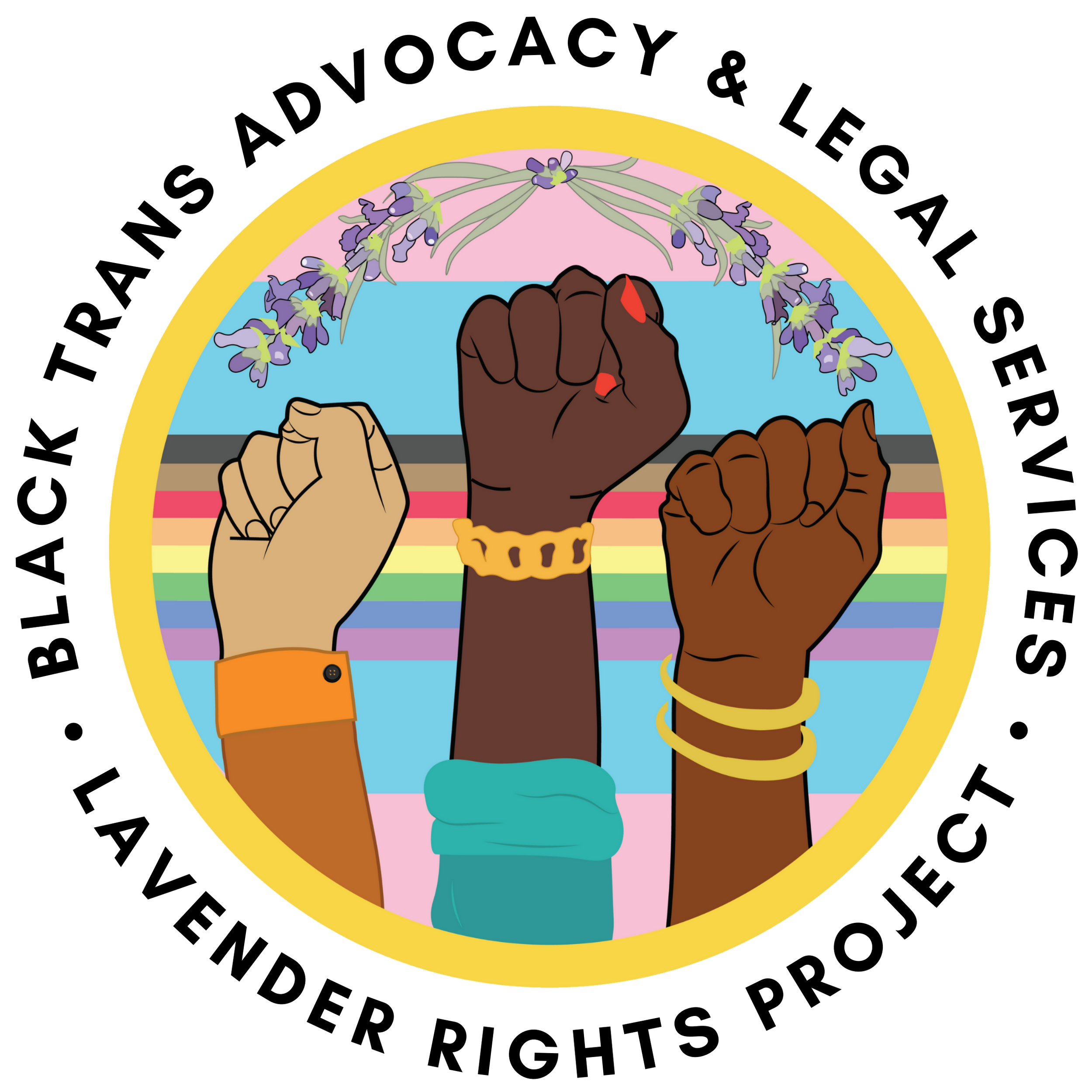
The issues affecting Black trans communities are Black issues. Our Black trans community are experiencing an epidemic of violence that affects every aspect of their lives. Housing, medical care, employment, and intimate relationships are more dangerous due to the intersections of transphobia and white supremacy. Transmisogynoir, a type of violence rooted in sexism, is why so many of our loved ones lose their lives.
We are your siblings, sisters, brothers, aunties, uncles, cousins, and extended family members. We are everywhere. We are unapologetically Black in our tradition of expanding family definitions. We are connected by love that is not based in blood or biology. We are your family, and you are our family, too.

“Every time a Black trans woman is fighting against the oppression she experiences, she is also fighting against the same violence that affects every member of the Black community.”

Empower Black Trans Women & Femmes
For as long as Black cis women have existed, Black trans women have existed. As a result, the violence against Black trans women also negatively affects the lives of Black cisgender (not trans) women because gender constructs in the United States are inherently anti-Black. Gender-based violence universally harms all Black women, cis or trans, and denies our autonomy to thrive. But our freedom is deeply tied to one another—and by building power together, we can bring about liberation for the entire Black community in this country.
As said poignantly by the Combahee River Collective in 1977, “If Black [trans] women were free, it would mean that everyone else would have to be free since our freedom would necessitate the destruction of all systems of oppression.” (1) As cis allies, it is now our moment to elevate the power, autonomy, and leadership of our Black trans family. We have the opportunity and responsibility to build a safer and more joyous society for everyone.
This is what you can do to be a better family member.

How Black sisterhood can show up for trans family
Cheers to sisterhood! Black sisterhood empowers all Black (cisgender and transgender) women and femmes to live their lives authentically and to love one another wholeheartedly.
As Black femmes, we all have a community that we rely on for joy, hardship, and to “kiki” out our days. It is a piece of what keeps us stable amongst the daily challenges we endure and brings a sliver of hope towards our liberation work. Black trans women will forever be a part of these movements, and it’s important as sisters to watch each other’s back.
We are stronger together than we are separated.
Our shared experiences as Black femmes create a strong connection and loyalty to our community. We must be in a community together to survive, especially while living in a society that constantly dehumanizes both Black cisgender and transgender women alike. We ask that Black cisgender women embrace Black trans women as sisters, not only as an act of solidarity but as a form of kinship. Black sisterhood that includes trans women, instead of isolating them, creates new ways to care for and love one another. (2)

Caring for our Black trans men & masculine community
We know that stepping into our full selves as Black trans men and masculine people is an affront to white supremacy and the patriarchy, and that comes with its own nuanced experience of trauma and oppression. Our community is experiencing violence and death because of the patriarchy, too, but we aren’t the primary target. As we move through a Black trans feminist lens, we know that our work towards collective liberation is inextricably interconnected with our Black trans sisters and all Black communities more broadly. As we strive to dismantle white supremacy and patriarchy, our hope is to hold caring spaces for our Black trans men and masculine community to explore what healthy relationships and masculinity look like in our collective future.

Black cisgender men in relationship to Black women & femmes
When Black cis men find themselves in crisis, Black women are their greatest support and most committed defenders. But continually showing up as caretakers without being cared for ourselves is detrimental to our own health and safety. Black cis men have a pivotal opportunity to uplift Black women & femmes by reciprocating the love and care that their loved ones give to them. Black cis men can start this work by unlearning the behaviors that accidentally hurt those they love. Black women experience the highest rates of intimate partner violence in the country, and Black cis men need to own their part in it.

How all Black men, cis and trans,
can be better allies to trans women
It is deeply complicated to be Black and a man in America, and there are not many places for men to be vulnerable and share their fears, frustrations, and feelings. Our community needs to create safer spaces for the men in our lives to have deep, honest conversations that will result in healthier and more loving practices for Black women and femmes. Community-led organizations that develop the mentorship and leadership of Black men are environments where this lifesaving dialogue can happen.
We have to start addressing how the patriarchy also hurts Black men, and we deserve a world where all of us are free to be our authentic selves. Black men have an opportunity to build power with Black trans women and femmes and provide much-needed conversation about their own personal experiences. We can end gender-based violence against the Black community, together, and Black men can start by talking within their own brotherhood.

A family doesn’t need to be perfect.
It just needs to stand together.
As a family, we aren’t demanding perfection. In fact, Black trans community expects imperfection as we navigate injustices in a profoundly imperfect society. All we are asking for right now is your support by simply showing up, even if you don’t understand. Blackness is beautiful, no matter what form it comes in. Every one of us brings an inherent value to our shared world, and none of us lives in a silo. So even if we think one person’s issues don’t impact our separate lives, it will impact our collective futures.

Resources
Intentionally Erased (2022) — A new documentary from A Call to Men aiming to do just that by spotlighting four Black trans women in conversation with Black cisgender men. What follows is a series of honest, heart-wrenching interactions that uplift the experiences, challenges, and humanity of Black trans women in the United States. The film had its world premiere on Monday, September 26th, at the Out On Film festival in Atlanta, GA.
The Question of Blackness and Transness, How can they coexist? — An insightful, raw conversation with Conscious Lee, Lavender Rights Project, Black & Pink National, and National Black Justice Coalition about the intersection of black & trans culture. Topics include the criminalization of identity, the impact of the recent legislative attacks on trans persons and trans youth, showing up for the black queer community, and much more.
Marsha's Plate: A Black Trans Podcast — #MarshasPlate is a lively podcast where three friends come together every Thursday to share opinions and views that centers the Black perspective. We explore topics of gender, current events, politics, and scumbags all around the world upholding systems of oppression with a Black trans feminist lens. With our funny no-holds-barred style we introduce you to new perspectives, stories that connect you to transness and trans community leaders around the country.
Black Trans Women and Black Trans Femmes: Leading & Living Fiercely — A beautiful resource on Black trans feminism and supporting Black trans femmes from our friends at the Transgender Law Center.
Effective Allyship: A Transgender Woman's Take on Intersectionality — Host, commentator, and activist, Ashlee Marie Preston teaches that when we talk over people, ignore them or shut them down, what we're really saying is, “I'm more important than you are … I don’t really care what you think, I don't have time for your opinion, or, this isn't a conversation. It’s a contest and I’m gonna win.” In this passionate and deeply heartfelt talk, Ashlee seeks to help promote understanding about intersectionality, allyship and an urgency for compassion.

REFERENCES
The Combahee River Collective Statement by Combahee River Collective (1977)
The Erasure of Black Women, Words by: Tamara Anderson, Harcum College & Laslle University (2021)
This Bridge Called My Back: Writings by Radical Women of Color (2002)




